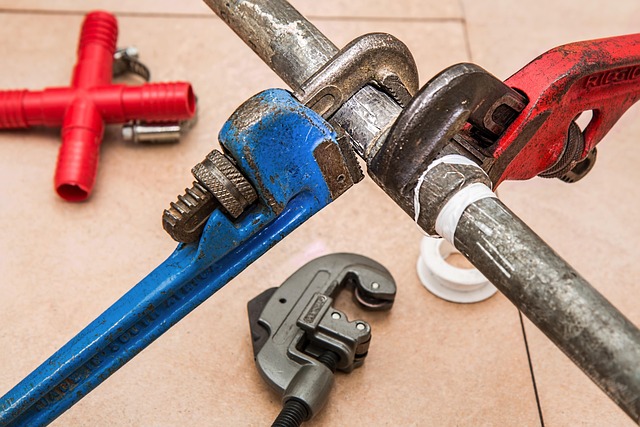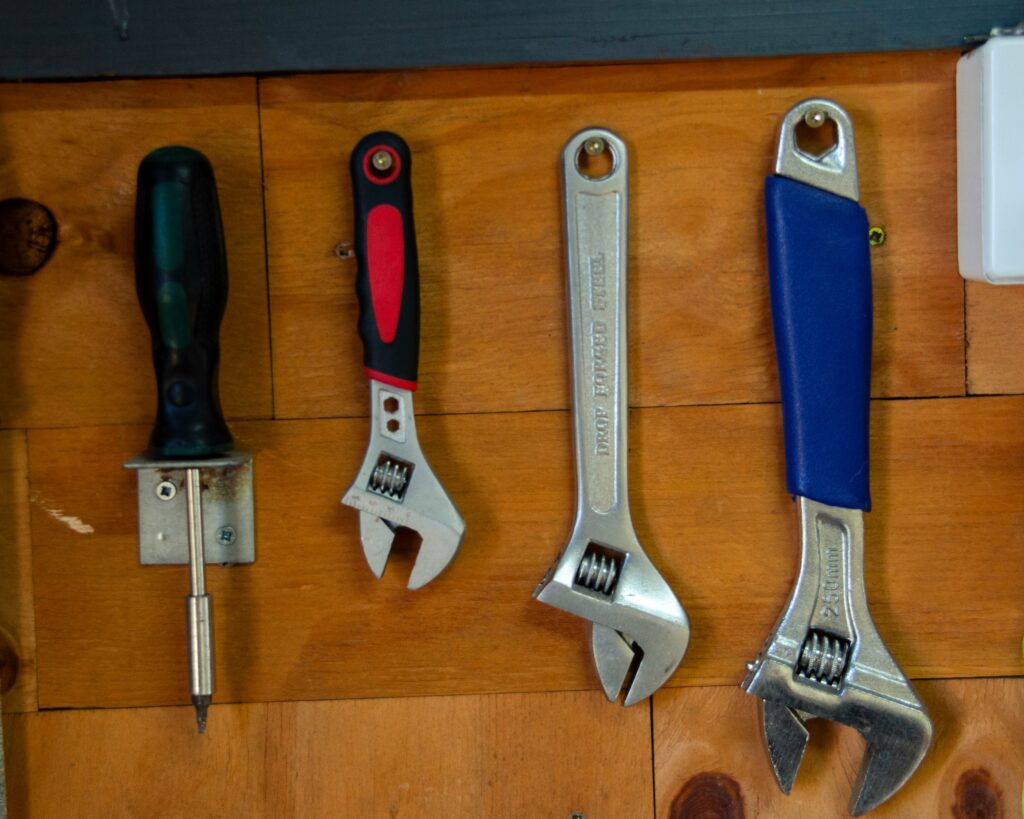The Case for Routine Care Over Constant Replacement
Taking proper care of your appliances is more than just a matter of function—it’s about saving money, protecting the planet, and getting the best performance over time.
Cost Comparison: Replacement vs. Maintenance
When appliances break down or lose efficiency, many people assume replacement is the best route. But routinely maintaining your appliances can extend their life and significantly reduce long-term costs.
- Upfront cost of new appliances can be hundreds or even thousands of dollars
- Routine maintenance (like filter changes or cleaning coils) usually costs far less over time
- Unexpected failures often come with installation and disposal fees, adding to the price tag
Environmental Toll of Constant Replacements
Frequent appliance replacement carries a hidden environmental cost. Each new unit demands raw materials, energy for manufacturing, and adds to landfill waste.
- Manufacturing new appliances leads to higher carbon emissions
- E-waste from disposed devices often ends up in landfills or toxic recycling streams
- Consumable parts replaced regularly are generally easier to recycle or dispose of responsibly than entire units
Efficiency Pays Off
Efficient appliances consume less energy and water, which translates directly into lower bills and a smaller footprint. Well-maintained appliances work closer to peak efficiency compared to aging, neglected machines.
- Lower monthly energy bills from well-maintained systems
- Improved performance keeps your appliances doing their job reliably
- Longer lifespan means you get more value from your initial investment
Keep Your Washer Running Like New
Regular maintenance can extend the lifespan of your washing machine and improve its performance. A few simple habits can help prevent odor, damage, and costly repairs.
Use the Right Detergent
Using the correct detergent not only protects your clothes but also extends your washer’s life. This is especially important for high-efficiency (HE) models.
- Choose HE detergent for HE machines
- Avoid using too much soap, which can lead to residue buildup
Leave the Door Open After Use
Trapped moisture can lead to unpleasant odors and mold.
- Leave the door slightly open between cycles
- This helps the interior dry completely and prevents mildew
Clean the Lint Trap and Filter
Clogged filters can cause drainage problems and reduce cleaning performance.
- Check and clean your washer’s lint trap regularly
- Refer to your machine’s manual to locate and access the filter
Inspect Water Hoses Annually
Hose damage can lead to serious leaks, flooding, or water pressure issues.
- Look for bulges, cracks, or leaks at least once a year
- Replace hoses every three to five years as a preventive measure
Dryer Maintenance Tips Every Owner Should Know
Keeping your dryer in top condition doesn’t just improve performance—it also prevents fire hazards and extends the life of your appliance. Here are four simple but essential maintenance steps to follow:
Clear the Lint Filter After Every Use
Lint buildup is one of the most common causes of dryer issues and fires. Make it a habit to clean the lint trap before or after every cycle.
- Reduces fire risk
- Helps your dryer run more efficiently
- Prevents lint from clogging the exhaust system
Regularly Clean the Exhaust Vent
Over time, lint can accumulate in the dryer vent, restricting airflow and increasing the risk of overheating.
- Schedule a deep clean of the exhaust vent at least once a year
- Disconnect the duct and use a vent cleaning brush or vacuum
- Ensure the exterior vent flap opens freely when the dryer is running
Avoid Overloading the Drum
Packing the drum too tightly puts strain on the dryer’s motor and decreases air circulation.
- Stick to manufacturer-recommended load sizes
- Evenly distribute clothes to prevent imbalance
- Better airflow means faster and more efficient drying
Inspect the Belt and Drum Rollers
These moving parts can wear down over time, leading to loud noises or a drum that won’t spin.
- Check for frayed or cracked belts
- Listen for squeaking, which may indicate worn rollers
- Replace parts early to avoid bigger repairs later
Consistent maintenance not only keeps your dryer operating safely, it also saves you money by avoiding costly breakdowns and reducing energy use.
Fridge maintenance might not be flashy, but it keeps everything running. First up, clean the condenser coils every 6 months. Dust and grime slow them down, which forces your fridge to work harder. Less efficiency, higher bills.
Next, keep the fridge stocked but not crammed. Air needs space to flow. A fridge that’s too empty or too jammed works overtime to hold its temperature. Balance is key.
Door seals matter more than you’d think. If they’re loose or cracked, cold air leaks out. Check them with the dollar bill test—shut the door on a bill and see if it pulls out easily. If it does, time to replace them.
And finally, check your temperature settings. Aim for 37 to 40 degrees Fahrenheit in the fridge and 0 in the freezer. If it’s too warm, food spoils quicker. Too cold, and you get frozen lettuce.
Simple checks. Big difference.
Keeping your dishwasher running like new isn’t complicated, but it does take a little regular care. Start by cleaning the spray arms and filter every month. Clogged jets and a gunky filter can seriously mess with performance. Hot water matters too. Make sure you’re using it, and always run full loads. Half-empty cycles just waste energy and don’t do your machine any favors.
Don’t cram dishes into every inch of space. It might seem efficient, but it actually strains the motor and blocks water flow. Finally, descale once a year. Use white vinegar or a good dishwasher cleaner to cut through mineral buildup. Think of it as an oil change—low effort, high payoff.
Take Care of Your Appliances Like a Pro
Modern appliances are built to last, but only if you help them out. A little attention and maintenance can prevent major breakdowns and keep everything running smoothly. Here’s how to stay ahead of appliance issues before they turn costly.
Read the Manual (Yes, Really)
Most people throw it in a drawer, but your appliance manual holds essential information:
- Proper operating procedures
- Recommended maintenance schedules
- Troubleshooting tips specific to your model
Knowing the basics can save you time and money down the line.
Schedule Regular Professional Inspections
You don’t have to wait for something to go wrong. Calling in an expert every couple of years ensures your appliances are working efficiently.
- Pros can spot hidden issues early
- Inspections help extend an appliance’s lifespan
- Early intervention can prevent major malfunctions
Use Appliances as Intended
Pushing an appliance outside of its limits shortens its life. Stick to the functions the machine was built for.
- Avoid overloading washers or dishwashers
- Don’t use ovens or stoves for heating rooms
- Stick to the manufacturer’s recommendations
Don’t Delay Small Repairs
That strange noise or small leak you noticed? Don’t ignore it.
- Minor issues often grow into major problems
- Addressing small repairs early saves money and stress
- Proactive fixes protect your home and investment
Keep your oven from turning into a grime magnet with a few simple habits. First, clean up spills as they happen. Don’t let cheese or sauce sit and bake into cement. That stuff only gets harder over time. Once a year, check that your oven temperature matches what you set. A cheap thermometer can confirm it’s not running too hot or cold. Gas models need a bit more love—look at burner elements and igniters every few months, and give them a quick clean if there’s build-up. Lastly, if you’re on gas, mark your calendar. Those gas lines should be swapped out every five years, no exceptions. It’s about performance, and yeah, safety too.
Hard water may not seem like a big deal at first, but over time it takes a toll on appliances. Dishwashers, washing machines, and even water heaters start to clog up with mineral buildup. Using a water softener is a simple fix that saves money and extends appliance life.
Leaks are another sneak attack on your plumbing. A slow drip might not look urgent, but left alone, it can compromise seals, joints, and flooring. The longer you wait, the more you spend.
Want to stay ahead of the most common household issues? Check out our guide on Quick Fixes for Common Plumbing Issues.
Regular maintenance isn’t complicated. It’s about building a habit. A quick filter check, wiping down seals, running empty cleaning cycles—these small actions, done regularly, prevent bigger problems later.
If you’re setting aside just a few minutes each month, you’re not just keeping things tidy—you’re adding years to the life of your appliances. That dishwasher, dryer, or fridge will thank you by not breaking down when you need it most.
Sticking to a simple routine means fewer surprise costs, fewer late-night repair calls, and a lot less frustration. The payoff isn’t flashy, but it’s real: longer appliance life, lower bills, and way less stress.




